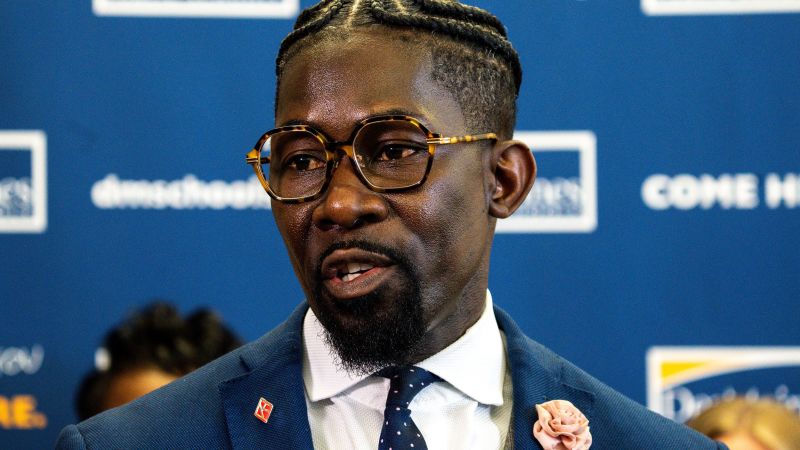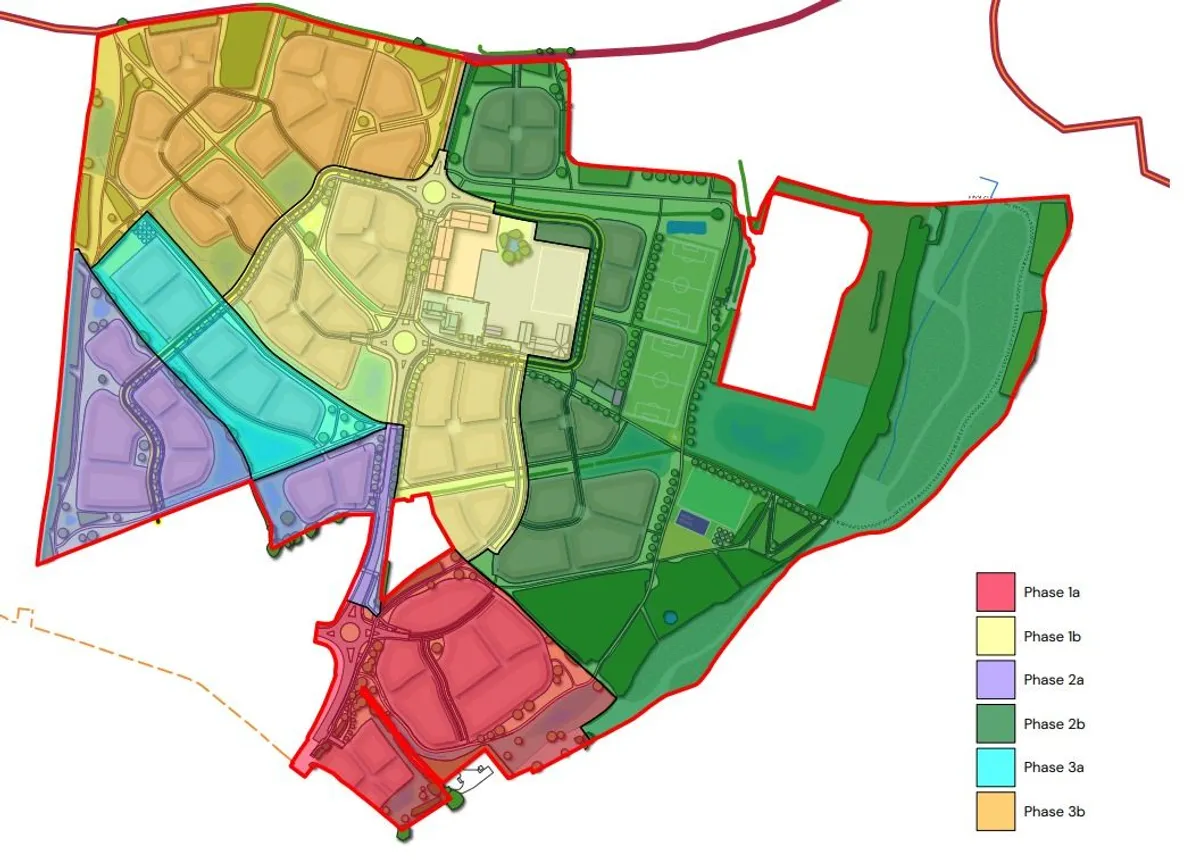By News Karnataka Editorial Team
Copyright newskarnataka

AI evaluation in education, (VTU) is set to introduce artificial intelligence (AI) in preparing and evaluating examination papers, marking a first-of-its-kind move in the state. The initiative aims to streamline question paper creation, reduce repetition, and explore AI-assisted evaluation across courses.
AI to streamline question paper setting
Traditionally, question papers at VTU have been prepared by subject experts, often relying on standard templates and previous-year questions. Officials believe AI can modernise this process by generating unique question sets while adhering to curriculum requirements. The system involves feeding AI with soft copies of textbooks and the syllabus. Prompts such as the number of questions, mark weightage, and difficulty levels guide the AI to produce fresh question papers.
Several private universities in Karnataka have already experimented with AI for paper setting, and VTU’s trials have convinced officials of the technology’s effectiveness. During demonstrations by three to four AI companies, officials observed how the system eliminated repetition and efficiently generated new questions.
Potential for AI-assisted evaluation
Beyond paper setting, AI could also support evaluation by reading and analysing answer scripts to allocate marks based on structured responses. However, since engineering examinations largely involve descriptive answers rather than multiple-choice questions, the reliability of AI for scoring remains under discussion. Current VTU practice involves a double-evaluation system, where two evaluators independently mark each script, yet variations in scores are common. Replacing human judgment entirely with AI is therefore a challenge that the university is approaching cautiously.
Pilot programme with MBA examinations
VTU oversees 250 engineering colleges with nearly three lakh students, making an immediate full-scale rollout unfeasible. To ensure smoother adoption, the university plans to pilot AI implementation with MBA examinations, which involve fewer students. If successful, the AI system will gradually be extended to engineering courses.
“AI is making significant progress across sectors, and we too must keep pace with technology. We have decided to use AI in question paper setting, while evaluation through AI will be tested in supplementary exams before broader adoption,” said VTU Vice-Chancellor S Vidyashankar.
Learning from past experiences
Earlier, Rajiv Gandhi University of Health Sciences (RGUHS) had considered AI for examinations, but technical challenges led to the plan being shelved. VTU, however, is confident that a phased approach will help overcome implementation hurdles and ensure effective integration of AI tools into academic processes.
Officials emphasise that the AI system is not intended to replace human evaluators immediately. Instead, it will assist educators, reduce repetitive work, and gradually improve efficiency while maintaining academic standards.
VTU’s initiative represents a significant step in adopting technology in higher education. By piloting AI for MBA exams and gradually expanding to engineering courses, the university aims to ensure smoother adoption and set a precedent for other institutions. The integration of AI in question paper setting and evaluation could redefine assessment processes, making them more efficient, transparent, and aligned with modern technological trends



